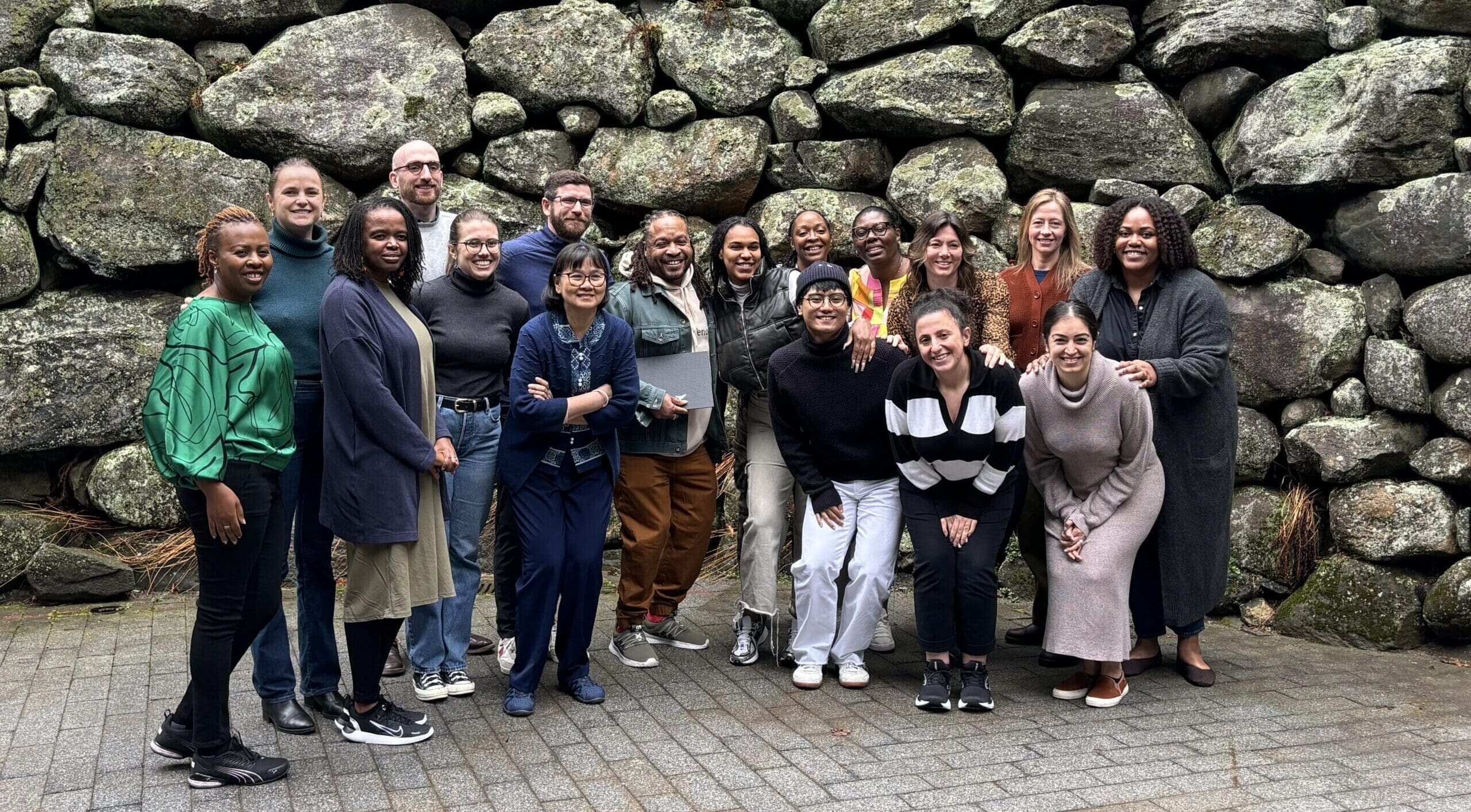Three key lessons learned
- Collective approaches to leadership development are most powerful when designed to elicit purposeful interaction. Research, data-driven techniques, and engagement survey feedback were leveraged to build the itinerary, comprised of simulations, case studies, and expert facilitation. Action Learning approaches were incorporated throughout the programs, making sure that exercises were real and not hypothetical. Participants learned from contemporary challenges that reflect the real complexity and problems of organizational life. This created a tension in the programs that exposes not only learnings, but an opportunity to make real change.
The programs equipped participants with skills to “help them to address complex social, economic and environmental challenges,” said participant Kennith Misiga in Nation Africa.
- Thought leadership is grounded in expertise and field-authority, but can flourish through a leader’s authenticity and originality.
Intentionally bringing your personality to the table in addition to your expertise makes for stronger leadership. This requires advanced self-awareness. Participants learned to balance their personal and professional identities.
In one exercise, leaders underwent a series of leadership-style and personality-type assessments, and then analyzed their own influence approaches and how to adapt styles to communicate more effectively with those across the table.
These exercises necessitated participants’ full commitment—and at times vulnerability—while avoiding overly contrived trust-building exercises. This intentionality was essential to ensuring the network of participants would reach their full collective potential. The participants gained insight about themselves, how they show up at work, and how to engage with colleagues more authentically to communicate with greater impact.
Being around RF colleagues and partners has had an immediate impact on my day-to-day,” said Andrew Sweet, Vice President for Innovation at The Rockefeller Foundation. “Our team has already started to take action on improving how meetings are run and building a common understanding for how to build and re-build trust.”
- Learned leadership traits can be shaped through inter-organizational learning approaches, multi-dimensional feedback and relationship-building. Opening up to a diversity of mindsets, data, personality types, expertise, and leadership styles makes us more informed and experienced leaders and can trigger creative problem-solving for collective good. Just because someone may have a personality type where confrontation is more difficult does not mean they will never be able to voice a strong opinion in a meeting. Development learning should enable leaders to stretch their capacity and equip them with strategies for how to thrive in their work environment. This can be done by offering and requesting feedback and having partners in accountability for practicing new behaviors and applications.

